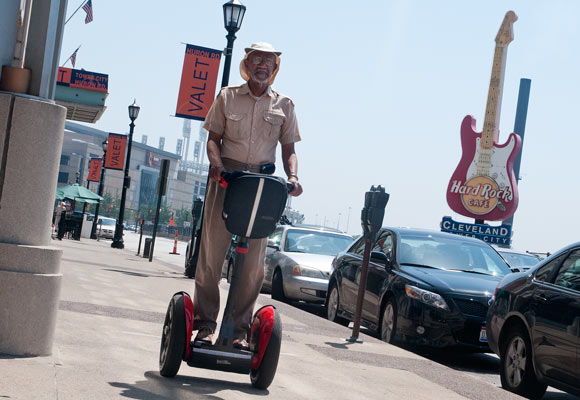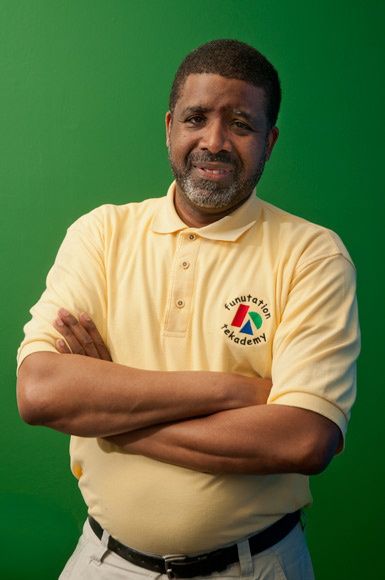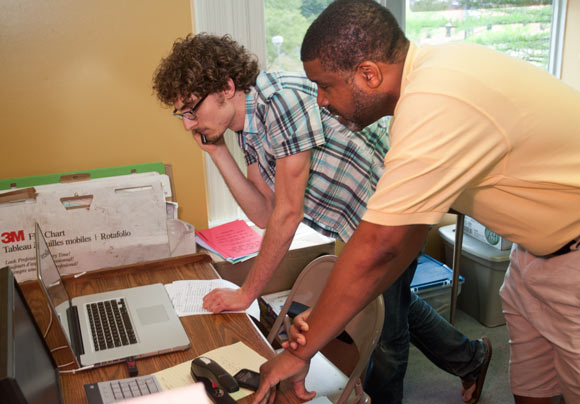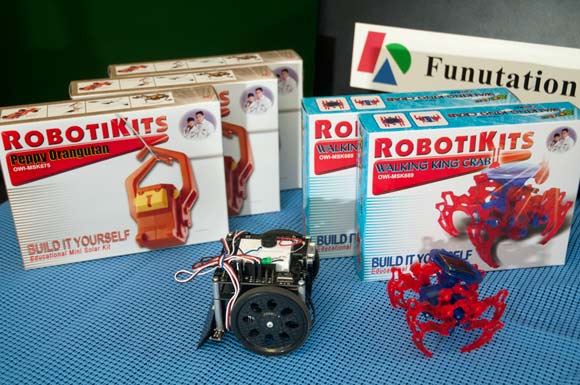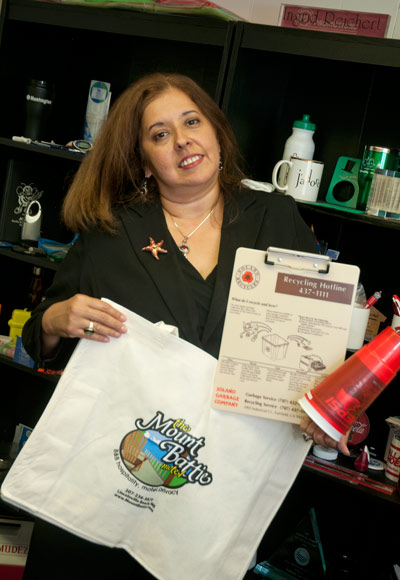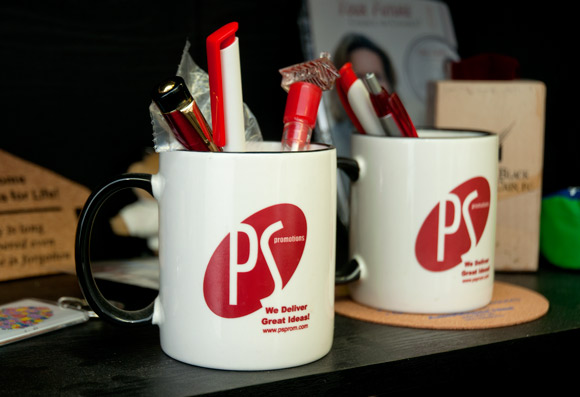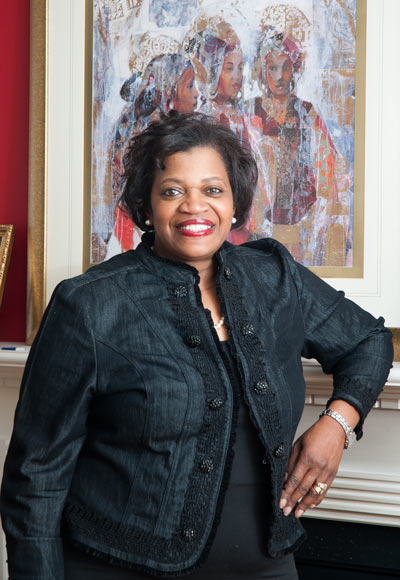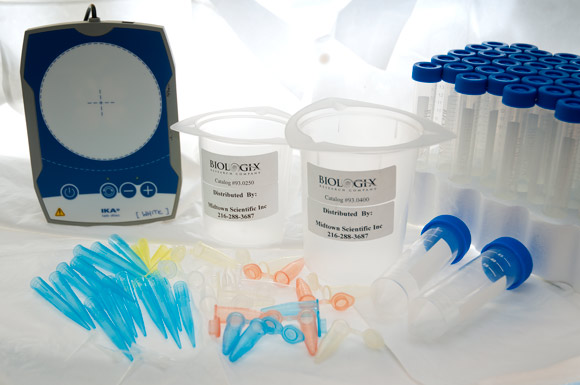minority entrepreneurs experience barriers, succeed on their own terms, and offer advice
Do minority entrepreneurs tread a rockier path to success than members of the majority culture? Despite program support through organizations such as JumpStart, Charter One Bank, and the Cleveland office of Ohio’s Minority Business Development Agency (MBDA), area minority entrepreneurs say they still experience barriers -- some subtle, others not -- in their goal to contribute to the local business community.
Claude Kennard founded Metaloy in 1993 and Met Innovations in 2012. Both companies develop processes that convert non-hazardous hydrocarbon industry by-products into new raw materials, thus reducing dependence on virgin raw materials.
During his years as a procurement agent for a major oil corporation, Kennard, an African-American, was tasked with increasing the number of minority companies doing business with his company. Yet, when he founded his own business, he didn't always find such sympathetic counterparts.
"Situations arise in which people do not think you can offer improvements," he explains. “During a recent interaction, a senior manager talked 'around me' during a group discussion until I, somewhat frustrated, stated what we could do to solve their problem. The issue was not that we could not solve their problem; it was that we were not extended the opportunity to present a proposal. By the end of the meeting, we were the major contributor to the discussion."
"I’m not certain if one ever surmounts being a minority entrepreneur in a majority industrial world," he adds. "One thing I advise is patience. Another is control of emotions."
Kennard credits JumpStart and the Northern Ohio Development Council for their support. When counseling young startups, he urges them to "align with organizations that have depth and skills that you do not possess. Develop advisory boards of competent individuals who are not friends. Friends are difficult to argue with."
***
Ingrid Reichart is the founder of PS Promotions, a 20-year-old company that supplies promotional materials such as mugs, decals, clothing, USB drives, etc. -- many made from recycled plastic and paper, several of which are biodegradable and re-usable.
Reichert, from the Dominican Republic, says, "The beginning of my business was challenging. People had trouble accepting the fact that I have a Spanish accent; they didn’t think I could do the job. Many did not give me an opportunity for business but some did, and I was able to grow. My father ran a business with 200 employees in the Dominican Republic, so if my father could do this in a developing country, I thought I had a pretty good chance."
Reichart started the business using $5,000 from her credit cards and savings. Only after 10 years of success did she secure a business line of credit. To the youngsters out there she advises, “Keep the overhead down, especially if the competition is high. There were will be denials and barriers, but there will also be those that will give you an opportunity. And they will refer your services, so be sure your performance is superb.” (Note: not good, but superb.)
Early on, Reichart joined the Hispanic Chamber of Commerce, and was encouraged to see other Hispanic entrepreneurs develop in Cleveland.
***
Ted Jordan once ran a computer repair business and taught seminars on home computer security. One day a mother asked him if he knew how to teach kids to make computer games.
"I wrote up a business plan and the rest is history," he says.
Jordan, incorporating in 2002, wanted a name that integrated "fun" and "education" that could be trademarked. He discovered that trademarking common dictionary words was problematical; it was easier to use made-up words. "So I created Funutation Tekademy, for Fun and Education and Technical Academy." (Yes, he does wish he’d come up a simpler name.)
Most of Tekademy’s income is derived from youth classes, which are generally held during the summer at community centers. Adult classes are held throughout winter.
"As the kids make their games, they pick up the basics of computer tech," Jordan explains. "We’re mainly dealing with parents who know a lot about computers already. Their kids are tearing up the house to see how things work. The parents get the computer vision, see that careers in the future have to do with technology."
Jordan, an African-American, wants to make his courses accessible to all, calling computers "race-neutral." He regrets that he has fewer minority students than he’d like. He’s trying to address that by seeking partnerships with non-profit educational organizations. Two such partnerships are with the Boys and Girls Club of Cleveland and Oakwood Village.
Over time Jordan has seen more and more support for minority startups. "The Presidents’ Council Foundation Emerging Entrepreneurs Program helped me with an expansion loan. But other than loans, I’ve had a hard time finding investors." Is it because he's a minority? He thinks and says, "Maybe, but maybe I need to do a better job."
***
In 2003, Darlene Darby Baldwin began her business, Midtown Scientific, selling medical supplies. As an African-American and a woman, she had the support of a government-certified Minority Business Enterprise (MBA), but found herself competing against her own supplier, who was a giant in the business.
"Believing that an organization was there to buy from me because I was a set-aside (minority) business is ludicrous," she explains. "It does open the door, but ‘come in’ was not the reception."
Along with her supply business, Baldwin also ran a group home for patients with Alzheimer’s. "I thought about the merger of businesses. I was consulting for Ohio’s licensed Adult Care Facilities (ACF) in Cuyahoga County, and was getting referrals and more work than I could handle. I redirected my business to become more service oriented, and now offer a suite of services under the name Midtown Scientific Health Care Consultants."
In her new business, Baldwin credits organizations such as the Presidents’ Council Emerging Entrepreneurs program, the Consortium of African American Organizations, PNC Bank, and several medical/social service organizations. She’s much happier in the service area, caring for both those who need it and for those who provide the care.
Baldwin’s goal now is to present her company as a viable option to total health care solutions, and find a way to position it for the Medical Mart.
***
Karl Johnson of Cleveland Segway Tours credits his late wife, who was Swiss, for coming up with the idea for his business. “Europeans walk a lot more than Americans,” he says. “Ruth knew I took friends around Cleveland more than a dozen times, and suggested we begin a walking tour business in 1998.”
When he later saw a Segway, the two-wheeled, self-balancing human transporter, on an episode of Frazier, he incorporated it into his business. “When I first started, there were four people in the world conducting Segway tours. Now there are more than 200.” In addition to Segway and on-foot rambles, Johnson conducts car and bus tours of Cleveland, including his home community of Ohio City.
Prior to launching his Segway tours, Johnson says he experienced what he calls the "Porgy and Bess syndrome."
"White business people didn’t think I could run a business," he recalls. "I tried to buy a lumber company and had the owner treat me as if I were only going to do the menial work, not [oversee] a company. After several years of unsuccessful inquiries, I ended up using my own resources."
Johnson also credits the Convention and Visitors bureau (now called Positively Cleveland) and Lolly the Trolley with support. The fruits of his hard labor include "being able to set my own hours and rules." His advice to people starting out? "If you fail to plan, you plan to fail."
These five successful minority entrepreneurs forged their way through a thicket of resistance and prejudice, finding a way to grow their businesses. They took advantage of available organizational assistance and other support systems, but ultimately they focused on what they knew and what they could offer to the business community.
Ultimately, it was up to them.
Photos Bob Perkoski
- Images 1 & 2: Karl Johnson of Cleveland Segway Tours
- Images 3 - 5: Ted Jordan of Funutation Tekademy
- Images 6 & 7: Ingrid Reichart of PS Promotions
- Images 8 & 9: Darlene Darby Baldwin of Midtown Scientific

